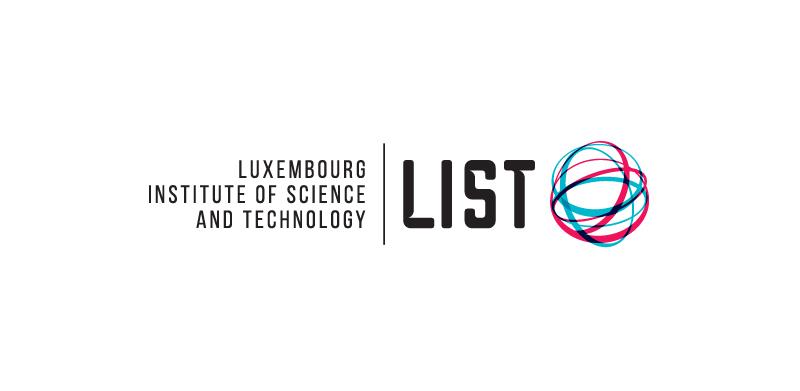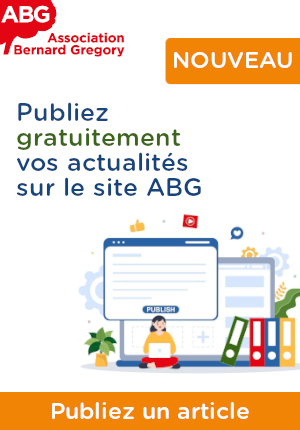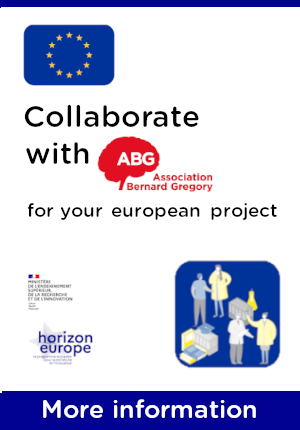DC-26064 – POST DOC IN MODEL BASED DIGITAL TWIN
| ABG-133897 | Master internship | 24 months | Negotiable |
| 2025-10-18 |

- Computer science
Employer organisation
Website :
The Luxembourg Institute of Science and Technology (LIST) is a Research and Technology Organization (RTO) active in the fields of materials, environment and IT. By transforming scientific knowledge into technologies, smart data and tools, LIST empowers citizens in their choices, public authorities in their decisions and businesses in their strategies.
Do you want to know more about LIST? Check our website: https://www.list.lu/
LuxHyVal is a five-year initiative funded by Horizon Europe aiming to accelerate decarbonisation of Luxembourg’s industrial sector via hydrogen. It covers the full green hydrogen value chain: production, storage, distribution, usage in industry and mobility, along with safety and certified operations. The project involves defining business models, regulation, and commercial frameworks, and ensures public acceptance and upskilling. Results and lessons will be replicated in two “Follower Valleys” (in Czechia and Ukraine), to enable broader hydrogen valleys across Europe.
Within the project, LIST is responsible for designing and developing a Digital Twin that models the entire hydrogen value chain. By applying a model-based approach from the earliest stages of system design, this Digital Twin will provide you with decision-support functionalities throughout the lifecycle—from initial design to operation and eventual replication. In parallel, LIST is also actively involved in a national initiative dedicated to developing a Digital Twin platform for the energy transition, and both teams work closely together, sharing methods and technologies.
Your LIST benefits
- An organization with a passion for impact and strong RDI partnerships in Luxembourg and Europe that works on responsible and independent research projects
- Sustainable by design, empowering our belief that we play an essential role in paving the way to a green society
- Innovative infrastructures and exceptional labs occupying more than 5,000 square metres, including innovations in all that we do
- An environment encouraging curiosity, innovation and entrepreneurship in all areas
- Personalized learning programme to foster our staff’s soft and technical skills
- Multicultural and international work environment with more than 50 nationalities represented in our workforce
- Diverse and inclusive work environment empowering our people to fulfil their personal and professional ambitions
- Gender-friendly environment with multiple actions to attract, develop and retain women in science
- 32 days’ paid annual leave, 11 public holidays, 13-month salary, statutory health insurance
- Flexible working hours, home working policy and access to lunch vouchers
Description
Temporary contract | 24 months | Belval Are you passionate about research? So are we! Come and join us
How will you contribute?
As part of this postdoctoral position, you will design and implement a model-based approach and framework to build a preliminary Digital Twin of the hydrogen value chain. This Digital Twin will allow you to simulate different scenarios to validate the viability of the value chain (e.g., low green energy production, high transportation costs, etc.). The framework you develop will integrate models—both static and dynamic—that cover various technical domains as well as financial, organizational, and regulatory aspects.
Your research contribution at LIST will focus on developing an incremental, model-driven approach that enables you to design and qualify preliminary Digital Twins even when little or no information about the final system is available. You will integrate and coordinate multiple concerns, including technical, economic, and organizational aspects.
Your work will lead to a first proof-of-concept implementation. The method you develop will ensure that your model-based prototype is executable from day one and remains consistent as it evolves. You will support project partners in clarifying their needs, formalizing their expertise into models, and testing their hypotheses about the value chain. Ultimately, your approach will provide crucial decision-making support to assess the feasibility and transferability of a Hydrogen Valley.
You will contribute by providing advanced model management support through an adapted modelling framework and by developing concrete Digital Twin prototypes grounded in domain analysis and data provided by project stakeholders. You will research novel model engineering methods that consider the full lifecycle of the Digital Twin, addressing both its incremental development and the evolving value chain it represents. You will pay particular attention to decision-support functionalities, which you will help make accessible to relevant actors through dedicated graphical interfaces—such as dashboards, visual analytics, what-if scenarios, and simulation tools.
By joining the team, you will become part of a collaborative, multidisciplinary group, acting as the reference expert on model engineering and model management to enable decision-making and simulation in the Digital Twin of the Hydrogen value chain.
Main Responsibilities:
- Select and adapt a modelling framework to represent the different concerns of the Hydrogen value chain, including the execution of models for simulation purposes.
- Develop a model management approach covering the Digital Twin lifecycle, ensuring consistency amongst models., in collaboration with the project stakeholders (data scientist, domain experts)
- Collaborate with software engineers to integrate the LIST Digital Twin data platform.
- Enable the evolution of integrated data/models throughout the Digital Twin lifecycle.
- Write technical documentation, research reports, and contribute to scientific dissemination (e.g., conferences, workshops, white papers).
Profile
Is Your profile described below? Are you our future colleague? Apply now!
Education
- PhD degree in System Engineering, Software Engineering, Model-Driven Engineering or a related technical field.
Experience and skills
- Strong proficiency in model-driven or model-based system design, includes domain specific languages, data and system modelling, model transformations.
- Experience in the development and maintenance of research prototypes
- Excellent skills in communication and interaction with scientific and industrial stakeholders.
- Excellent problem-solving skills and the ability to work both independently and in a team.Po
Preferred Skills
- Familiarity with Git-based workflows and collaborative development practices.
- Experience with generative AI in a system engineering context.
- Familiarity with data management, data collection and data workflow
- Experience working with energy systems, simulation tools, or digital twin technologies.
- Background in research-to-industry integration.
Language skills
- Fluency in English, both oral and written. Other relevant languages are considered to be an asset.
Starting date
Vous avez déjà un compte ?
Nouvel utilisateur ?
Get ABG’s monthly newsletters including news, job offers, grants & fellowships and a selection of relevant events…
Discover our members
 TotalEnergies
TotalEnergies  MabDesign
MabDesign  Laboratoire National de Métrologie et d'Essais - LNE
Laboratoire National de Métrologie et d'Essais - LNE  CESI
CESI  ONERA - The French Aerospace Lab
ONERA - The French Aerospace Lab  ASNR - Autorité de sûreté nucléaire et de radioprotection - Siège
ASNR - Autorité de sûreté nucléaire et de radioprotection - Siège  ADEME
ADEME  Groupe AFNOR - Association française de normalisation
Groupe AFNOR - Association française de normalisation  Nokia Bell Labs France
Nokia Bell Labs France  ANRT
ANRT  SUEZ
SUEZ  CASDEN
CASDEN  PhDOOC
PhDOOC  Généthon
Généthon  Aérocentre, Pôle d'excellence régional
Aérocentre, Pôle d'excellence régional  MabDesign
MabDesign  Institut Sup'biotech de Paris
Institut Sup'biotech de Paris  Ifremer
Ifremer  Tecknowmetrix
Tecknowmetrix



